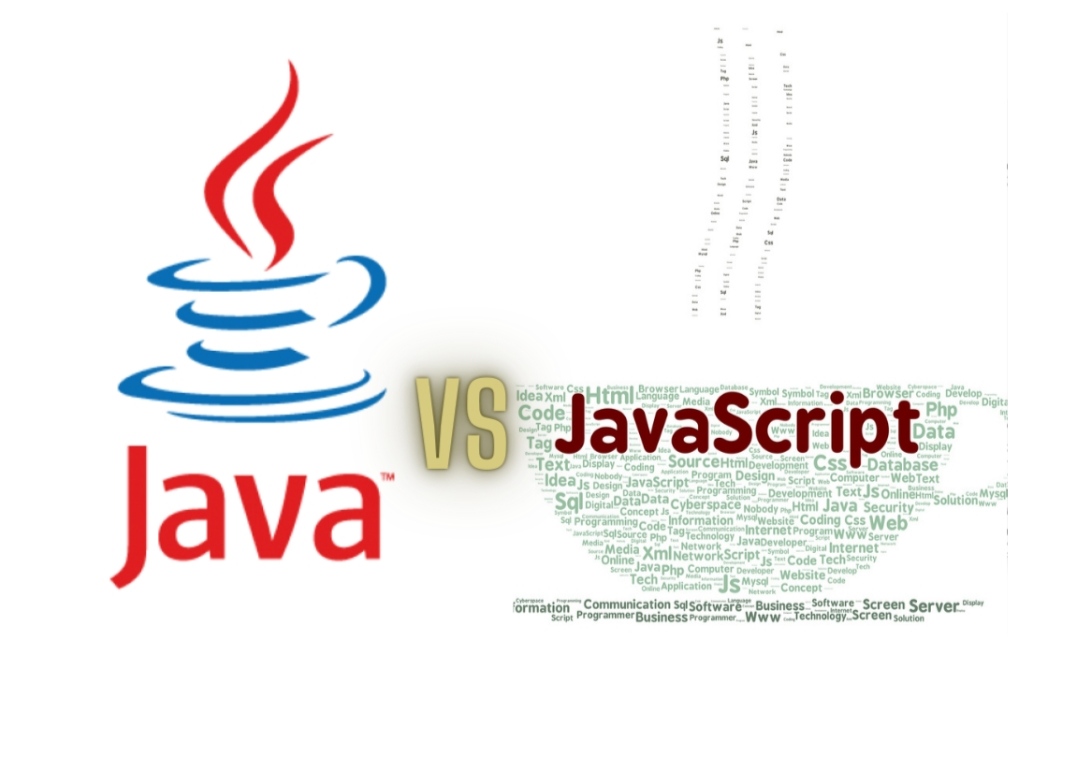Java vs JavaScript

Java is an OOP (Object Oriented Programming) language used in 1995. Java was developed by Sun Microsystems, and later on obtained by Oracle. Programs or applications developed in Java run on a JVM (Java Virtual Machine) which allows us to run the same program on multiple platforms and systems/devices etc.
JavaScript is an object-oriented scripting language that allows you to create dynamic HTML pages with interactive effects on a web page. JavaScript was available in the browser before Google Chrome released its JavaScript engine as “node.js”
Basis of comparison
1) OOPS: Java is an object-oriented programming language that uses objects to perform actions based on relationships between objects. JavaScript is an object-oriented scripting language that uses Java-like objects.
JavaScript is an object-oriented scripting language that uses Java-like objects.
2) Execution Platform: Java applications and programs run on JVM (Java Virtual Machine), which requires the JDK and JRE to be installed on a system.
JavaScript applications run in a web browser and do not require any initial setup.
3) Mobile apps: Older mobile apps are mostly written in Java and smartphone platforms such as Symbian and Android also support Java.
JavaScript allows us to develop mobile apps, but there are some limitations as we have to use third-party tools like Phone Gap to convert them into native code that can run on any operating system / mobile platform.
4) Learning Curve: Java has extensive documentation, online resources, online forums, and communities that are easy to learn. If we want to create and program applications, we can learn Java.
JavaScript also has extensive documentation, online sources, forums, and online communities that we can easily learn because we can see it running right away in the browser. If we want to build websites or web apps, we can learn JavaScript.
5) Compilation: Java programs are compiled and interpreted because it is a programming language. Java is a programming language compiled, interpreted, and executed on JVM that requires JDK and JRE.
While JavaScript is interpreted as a scripting language, it is plain text code.
6) Compatible: Java is compatible with most operating systems as it is compatible with almost all operating systems. Java is platform-independent with bytecode.
JavaScript code is written based on browser compatibility. Some code may work on certain browser versions and may not work on different versions of the same browser. JavaScript is supported by most web browsers that come with different operating systems, and developers can script directly using JavaScript as it is easy to do.
7) Syntax: The syntax of the Java language is similar to that of the C / C ++ programming language. The Java program will be contained in classes and objects.
- Java has a strongly typed language, while JavaScript is a loosely typed language; H. We have to declare variables with defined objects before using them, whereas in JavaScript we can flexibly use a variable.
- Java is a programming language compiled, interpreted, and executed in JVM that requires JDK and JRE, while JavaScript runs in a browser and plain text is interpreted.
- Java is platform-independent with bytecode, while JavaScript code is written based on browser compatibility. Some code may work on certain browser versions and may not work on different versions of the same browser.
- Java has a statically typed language, while JavaScript is a dynamically typed language because variables are declared with the data type at compile-time, and JavaScript can accept different types of data types.
- In Java, we support constructors, whereas in JavaScript a constructor is a function, and there are no rules for constructors in JavaScript as in Java.
- Java is a class-based programming language, while JavaScript is prototype-based, although it has object-oriented programming capabilities.
- Java ends unblocking statements with a semicolon, while JavaScript uses a semicolon at the end of some lines.
- Java has an implicit class scope, while JavaScript has an implicit global scope.
- Java supports various numeric data types, while JavaScript mainly deals with floating-point data types.
- Java has a switch structure that accepts only constants, while JavaScript also has a switch structure that accepts all values.
- Java supports the Enum data type, with which we can declare a set of constants, while JavaScript has not defined a constant declaration.
- Both Java and JavaScript are inherently open-source, in the sense that we can edit or modify and use the real code. Java achieves parallelism through a thread-based approach, while JavaScript uses an event-based mechanism.
The JavaScript language syntax is similar to the C language, but the naming conventions are alike to the Java programming language.
8) Scope: Java is available almost everywhere and is an independent programming language that can run on different operating systems. Java uses a block-based scope in which the variable goes out of scope after control leaves a block.
JavaScript is mostly used in web browsers and is based on HTML and CSS, therefore it is not available worldwide. JavaScript uses a function-based scope because the variable is accessible from within the function. Java has an implicit class scope, while JavaScript has an implicit global scope.
Conclusion
Finally, an overview of the comparison between Java and JavaScript. I hope you understand both languages well. It’s good to learn Java and JavaScript, as we can become full-stack developers if we have the practice. As they are almost different languages, one is used for most major apps and programs, while the other is used to create web apps and interactive effects/functions that can run in different browsers. To master the Java Programming skills visit Java Classes in Pune.




